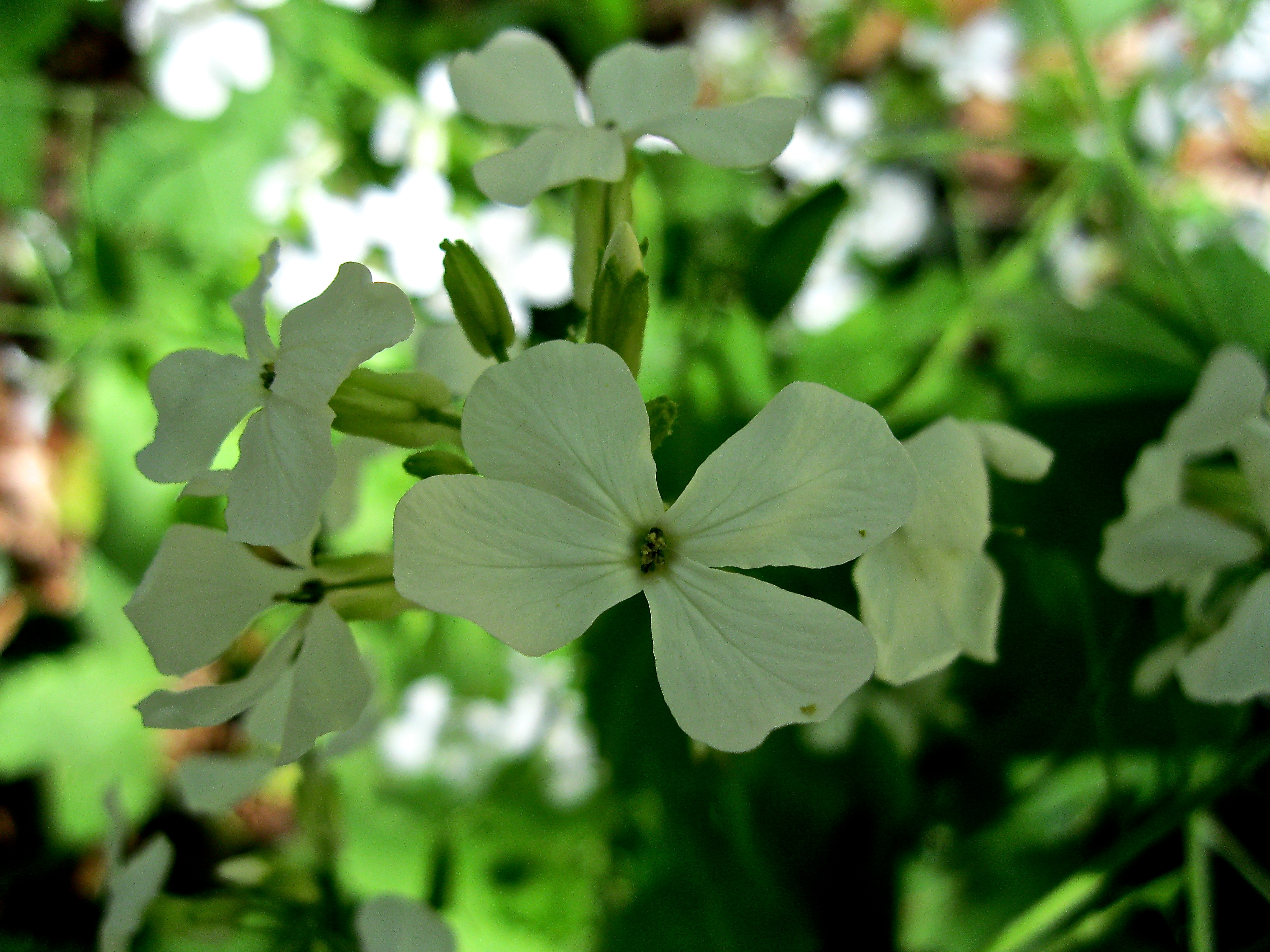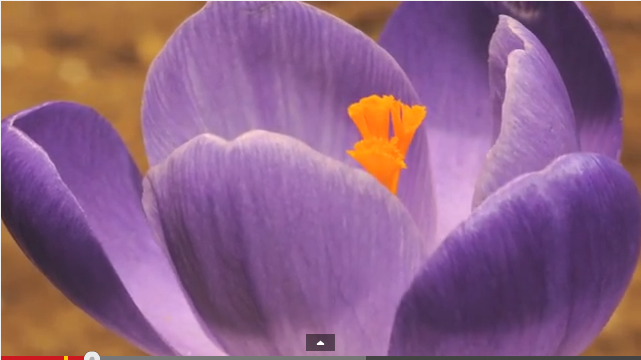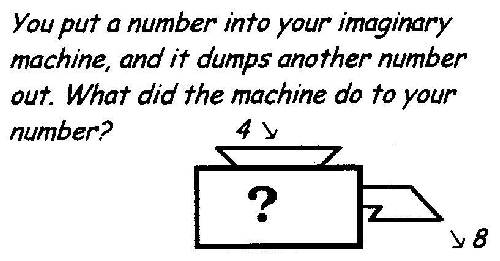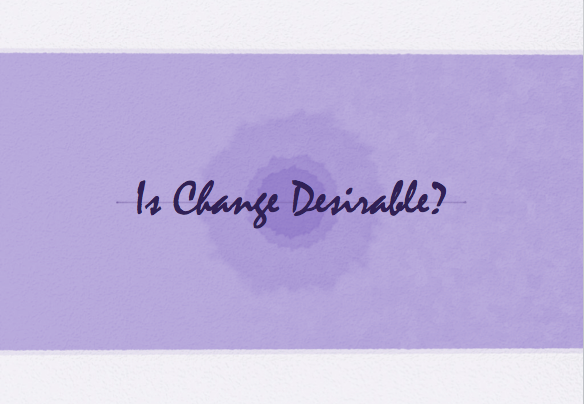Putting in the Seed by Robert Frost
So I’ve been thinking about Matthieu Ricard’s question: Look into the deepest part of yourself. Can you sense the presence of a potential for change there? The image that comes to mind for change is a seed—and especially the way it looks when the seed is planted and splits open and the shoot first emerges and the seed pushes up and then bends over at the top. I went looking for a poem about a seed and looked and looked and couldn’t find what I wanted and then stumbled upon this poem by Robert Frost, “Putting in the Seed,” one which I’ve never come across before. It begins: You come to fetch me from my work to-night When supper’s on the table, and we’ll see If I can leave off burying the white Soft petals fallen from the apple tree. (Soft petals, yes, but not so barren quite, Mingled with these, smooth bean and wrinkled pea;) Who would bury white soft petals? And then it occurs to me that maybe they were simply on the ground while he was planting, and got turned into the earth with the bean and pea seeds. Petals buried but not barren. Petals going back into the earth with the seeds. In any case he seems to be juxtaposing the idea of burying with that of planting. The blossoms barren—but not quite—because of the way he’s mixed in the seeds. The poem continues and finishes: the final eight lines to make fourteen, signaling a sonnet, and the rhyme scheme fits (ABAB CDCD EFEF GG). There’s such art in this—how he manages to stay within that structure and yet the rhyming doesn’t intrude in any way. There’s a sense of a voice speaking. And go along with you ere you lose sight Of what you came for and become like me, Slave to a springtime passion for the earth. How Love burns through the Putting in the Seed On through the watching for that early birth When, just as the soil tarnishes with weed, * The sturdy seedling with arched body comes Shouldering its way and shedding the earth crumbs. When I imagine Robert Frost himself as the speaker of the poem I also can’t help but think of him planting those seeds in the face of other burials. The poem, I believe, was published in Mountain Interval in 1920, which would have been well after the loss of both his parents and some sixteen years after his three-year-old son, Elliot, died of cholera, and some thirteen years after his daughter, Elinor, died at three days old. And maybe part of the reason love burns is because it’s a love that knows what can happen? I went looking for a poem about a seed and the potential for transformation and I was not at all looking for one about death and burial, but this is what I found, and now I am seeing the two mingled in a way I hadn’t before—like the white soft petals mingled with the seeds. Seeing that the one can be next to the other—the potential for transformation occurring next to loss, mingled with loss, and perhaps in the face of loss. I wonder if Mr. Frost ever thought of his poems as a kind of planting of seeds. _______________________________________________________ The poem...
read more




